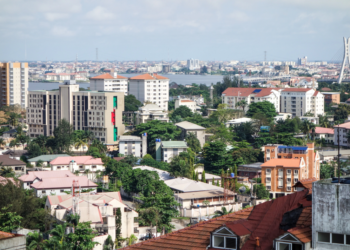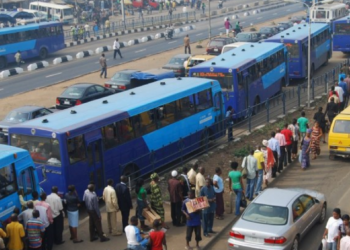Nigeria’s subnational debt profile witnessed a significant shift in 2024, as new data revealed that the combined debt stock of the 36 states declined by a massive 32.32% year-on-year, falling from N5.86 trillion in 2023 to N3.97 trillion in 2024.
The contraction signals a renewed focus by several state governments on debt sustainability, budgetary discipline, and alternative financing models amid growing fiscal pressures.
However, despite this broad-based decline, some states remain deeply entrenched in the country’s debt landscape, either due to existing financial obligations or a strategic push for infrastructure-led growth.
Here’s a breakdown of the top 10 states with the highest public debt stock in 2024 and how they compare year-on-year.
Top 10 Most Indebted Nigerian States in 2024

Bauchi saw a modest decline of 10.48% from N160.81 billion in 2023, maintaining its position in the top five.
The state’s “Budget of Consolidation and Renewed Focus” prioritized the completion of ongoing projects, limiting new debt-heavy ventures.
With N178 billion (59.6%) of the N300 billion budget allocated to capital projects, Bauchi relied on counterpart funding and federal grants to execute projects while controlling borrowing.
Enhanced budget scrutiny by the State House of Assembly ensures that Ministries, Departments, and Agencies (MDAs) justify their spending plans. This scrutiny helped curb unnecessary borrowing, thereby contributing to leaner, more focused fiscal planning.






















